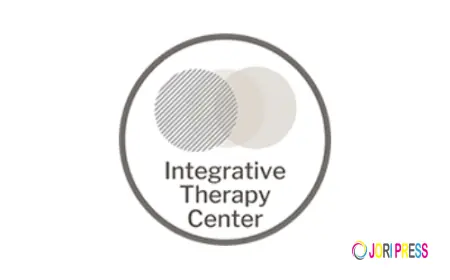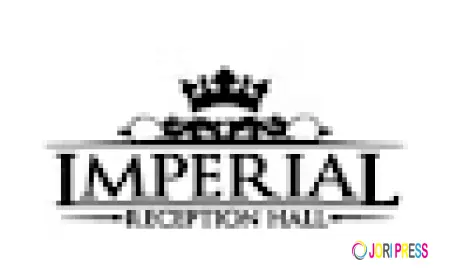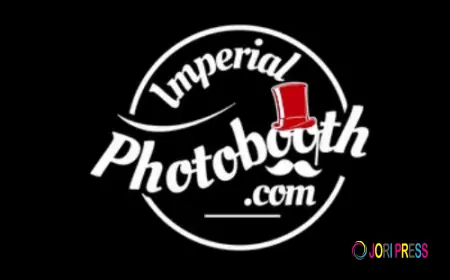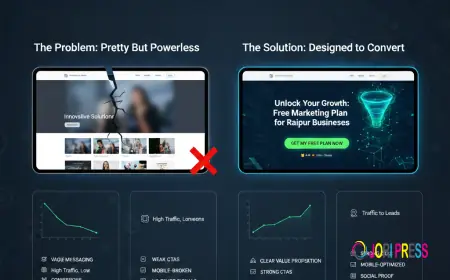Europe Hair Care Market Size & Share 2024–2030F
Europe Hair Care Market is growing due to rising consumer awareness of personal grooming, increased demand for natural products, and innovation in hair treatments and styling solutions.

Industry Key Highlights
-
Market Value in 2024: USD 21.34 Billion
-
Expected Market Value by 2030: USD 25.60 Billion
-
CAGR (2024–2030): 3.17%
-
Key Market Drivers: Rising demand for natural products, cultural diversity, digital transformation
-
Fastest-Growing Country: United Kingdom
-
Leading Sales Channel: Online
-
Top Companies: L'Oréal S.A., Procter & Gamble, Henkel AG, Shiseido, Natura & Co, Unilever PLC
Market Overview
The Europe hair care market is a vibrant and rapidly evolving segment within the personal care industry. Valued at USD 21.34 billion in 2024, it is projected to reach USD 25.60 billion by 2030, expanding at a CAGR of 3.17%. The market features a wide range of products, including shampoos, conditioners, hair treatments, styling products, and hair colorants. European consumers exhibit high grooming standards and a keen awareness of hair health, driving consistent demand for both basic and premium offerings.
With Europe’s multicultural population, the demand for tailored solutions for diverse hair types—from straight to afro-textured—has become central to product innovation. The market is marked by continuous R&D, ingredient innovation, and strong digital presence, making it one of the most competitive and dynamic beauty sectors globally.
Download Free Sample Report - https://www.techsciresearch.com/sample-report.aspx?cid=4908
Key Market Drivers
1. Natural and Organic Product Demand
Consumers are increasingly gravitating towards hair care solutions free from sulfates, parabens, and artificial additives. The growth of the organic beauty sector, particularly in countries like the UK and Germany, reflects rising awareness of ingredient safety and environmental impact.
2. Cultural and Hair Type Diversity
Europe’s diverse population requires brands to cater to various hair needs and routines. Companies offering inclusive solutions for curly, wavy, textured, or color-treated hair are well-positioned to grow.
3. Consumer Education and Engagement
European buyers are informed and proactive, often researching ingredients and hair care regimens. They consult professionals and use digital tools to guide their purchase decisions.
4. E-commerce and Digital Transformation
Online channels are witnessing explosive growth due to convenience, product variety, and influencer-driven marketing. Consumers prefer platforms where they can access reviews, tutorials, and subscription-based services.
Emerging Trends
1. Personalized Hair Care
AI and machine learning are enabling brands to offer customized hair solutions based on individual scalp and strand needs. Diagnostic apps and online quizzes are simplifying product selection.
2. Sustainable and Eco-Friendly Products
The move towards sustainability is visible in both packaging and formulations. Brands are adopting biodegradable bottles, refillable containers, and ethically sourced ingredients.
3. Clean Beauty and Ingredient Transparency
Labels highlighting "free from" claims are gaining popularity. Consumers want to understand what they apply on their scalp and expect full disclosure from brands.
4. Gender-Neutral Hair Care
As beauty becomes more inclusive, gender-neutral products that focus on functionality over segmentation are gaining acceptance.
5. Scalp Health Solutions
An increased focus on scalp wellness is fueling demand for pre-shampoos, scalp scrubs, and probiotic-based treatments.

Competitive Analysis
The Europe hair care market features a mix of legacy brands and emerging startups competing for consumer attention through innovation, ethics, and digital agility.
1. Procter & Gamble Company
P&G boasts strong hair care lines like Head & Shoulders and Pantene. These brands leverage dermatological research, extensive product lines, and wide retail penetration.
2. L'Oréal S.A.
L'Oréal dominates across all price points with brands like Elvive and Kérastase. The company continues to innovate in personalization, AI diagnostics, and salon-quality offerings.
3. Henkel AG & Co. KGaA
Henkel's Schwarzkopf brand is popular in both retail and professional segments, known for its strong performance in hair colorants and treatments.
4. Shiseido Company, Limited
With a focus on premium and wellness-based hair care, Shiseido appeals to the high-end demographic looking for luxurious and scientifically backed products.
5. Natura & Co
The group’s Aesop and The Body Shop brands promote clean, ethical, and sensorial hair care experiences, particularly attractive to eco-conscious consumers.
6. Unilever PLC
Unilever’s TRESemé and Dove continue to appeal across demographics with affordability, accessibility, and trusted quality.
7. Niche Beauty Lab
A rising challenger, this brand uses innovative marketing and clean beauty ethics to attract younger and digital-first consumers.
Country Insights: Spotlight on the United Kingdom
The United Kingdom is emerging as the fastest-growing market within Europe due to:
-
A booming natural and organic beauty segment
-
High online penetration and digital-first shopping habits
-
Increased demand for clean-label and sustainable products
-
Diverse consumer base requiring tailored solutions
-
High engagement with hair influencers and beauty communities
Innovations such as AI-powered styling tools and subscription-based hair care boxes are also gaining traction in the UK.
Distribution Channel Insights
Offline Retail (Traditional Channels)
-
Pharmacies and salons remain trusted points for hair care advice and product testing.
-
Specialty beauty retailers and department stores maintain strong consumer relationships.
Online Retail (Fastest-Growing Channel)
-
Offers wider variety and access to global brands
-
Facilitates consumer research and engagement
-
Influencer and video-driven marketing drive brand discovery
-
Subscription services and auto-replenishment offer convenience
Future Outlook
-
AI-Personalized Product Lines: Bespoke hair care based on genetics, lifestyle, and environment.
-
Sustainability-First Innovations: Waterless shampoos, compostable packaging, and carbon-neutral supply chains.
-
Hybrid Beauty Products: Hair products with skincare-grade actives.
-
Holistic Hair Wellness: Incorporation of supplements and scalp-focused rituals.
-
Growth of Men’s Segment: Increased marketing and product variety for men.
-
Inclusive Product Ranges: Catering to all textures, ethnicities, and hair goals.
-
Science-Based Claims: Use of clinical trials and certified dermatological support.
-
Digital-First Launches: Brands prioritizing online exclusivity and influencer collaborations.
-
Circular Economy Models: Refill stations and packaging return programs.
-
Regulatory Push: New EU norms will push ingredient reformulation and clearer labeling.
10 Benefits of This Research Report
-
Precise Market Forecasts from 2024 to 2030
-
Breakdown by Country, Product Type, and Channel
-
Insights into Key Growth Drivers and Challenges
-
Comprehensive Competitive Landscape
-
Tracking of Emerging Technologies and Digital Trends
-
Consumer Behavior Analysis across Europe
-
Market Entry Strategies for New Entrants
-
Regulatory Impact Assessment
-
Opportunities in Organic and Clean Beauty Segments
-
Customizable Data for Strategic Decision-Making
Contact
TechSci Research LLC
420 Lexington Avenue, Suite 300,
New York, United States- 10170
Tel: +1-332-258-6602
Website: www.techsciresearch.com
What's Your Reaction?
 Like
0
Like
0
 Dislike
0
Dislike
0
 Love
0
Love
0
 Funny
0
Funny
0
 Angry
0
Angry
0
 Sad
0
Sad
0
 Wow
0
Wow
0


















































